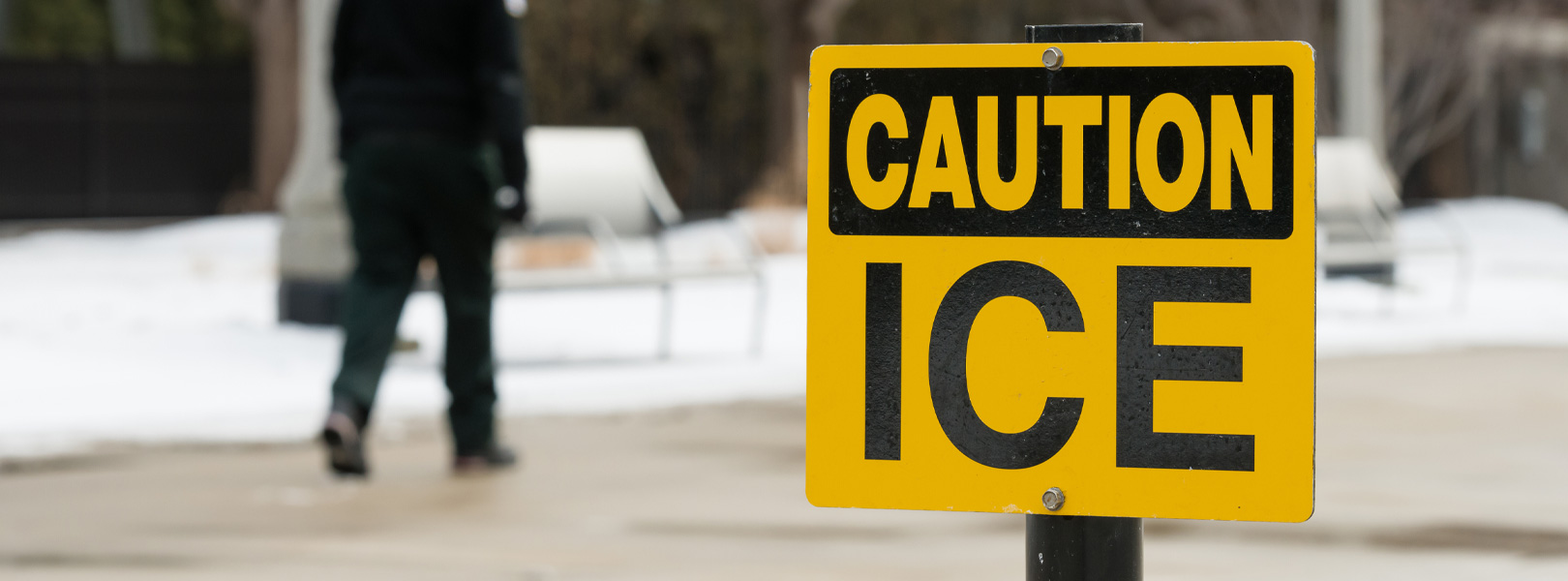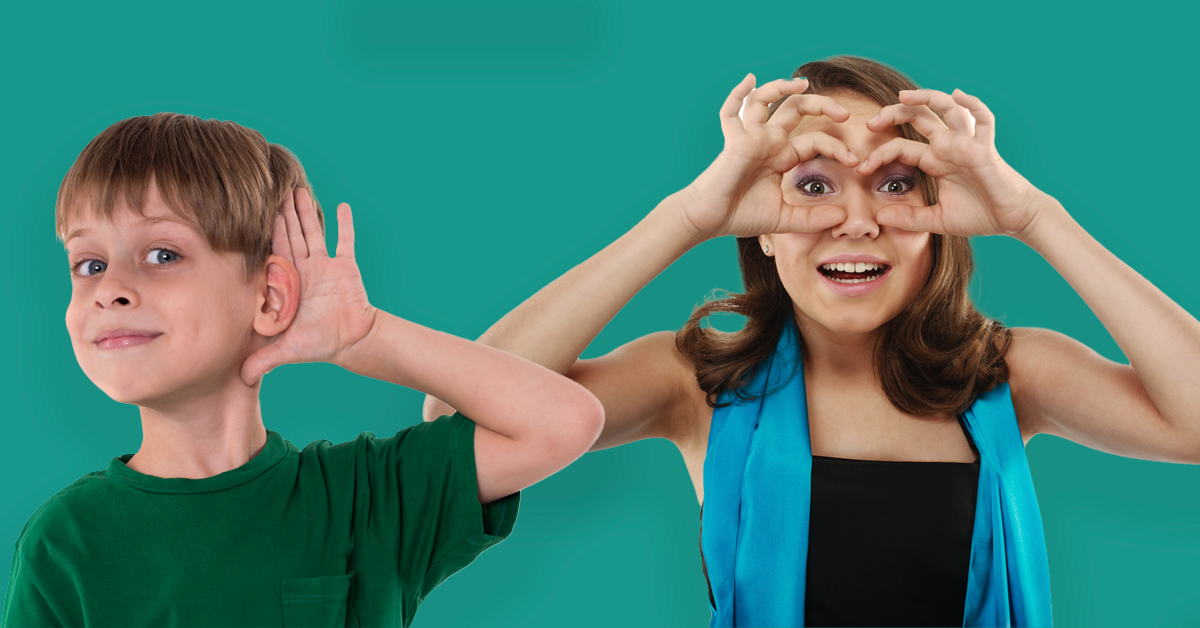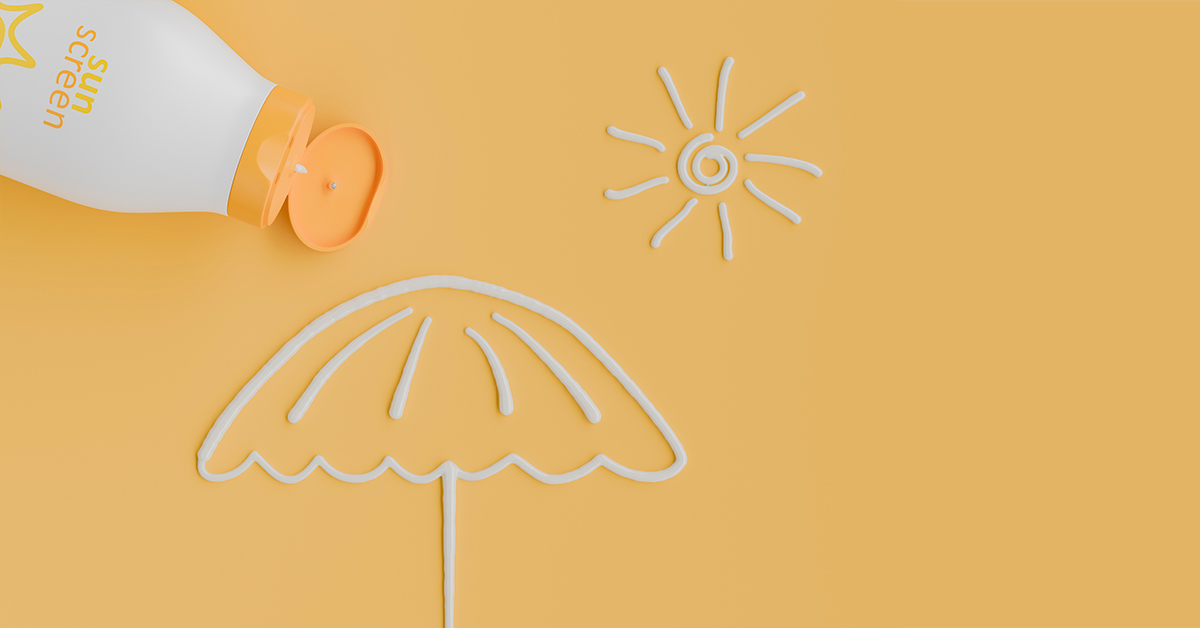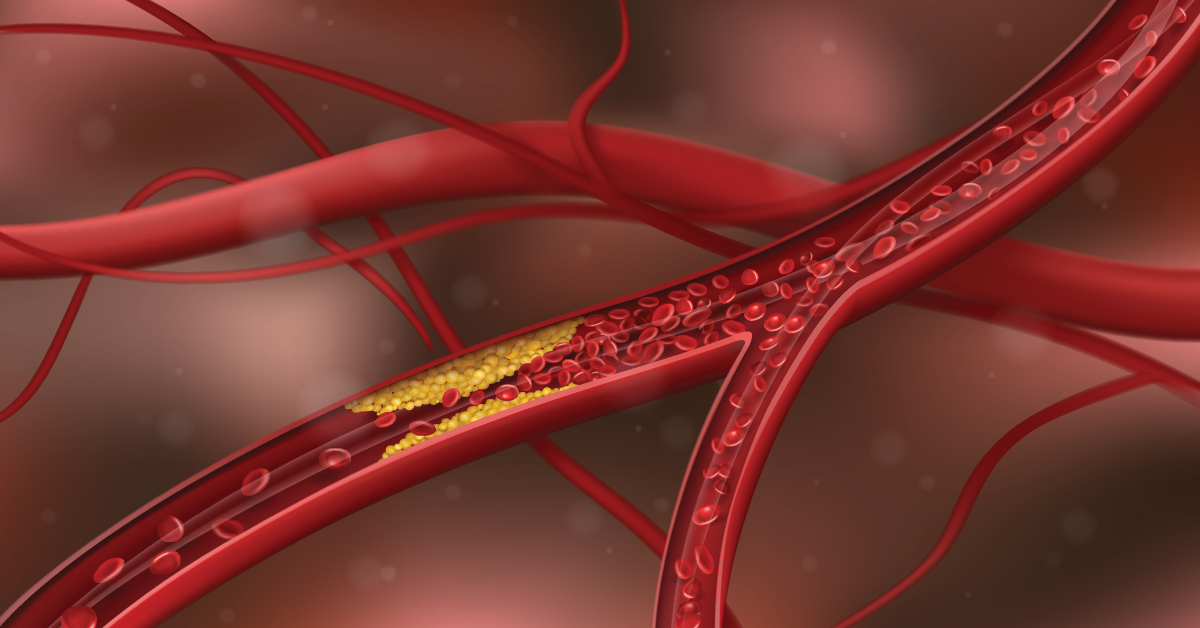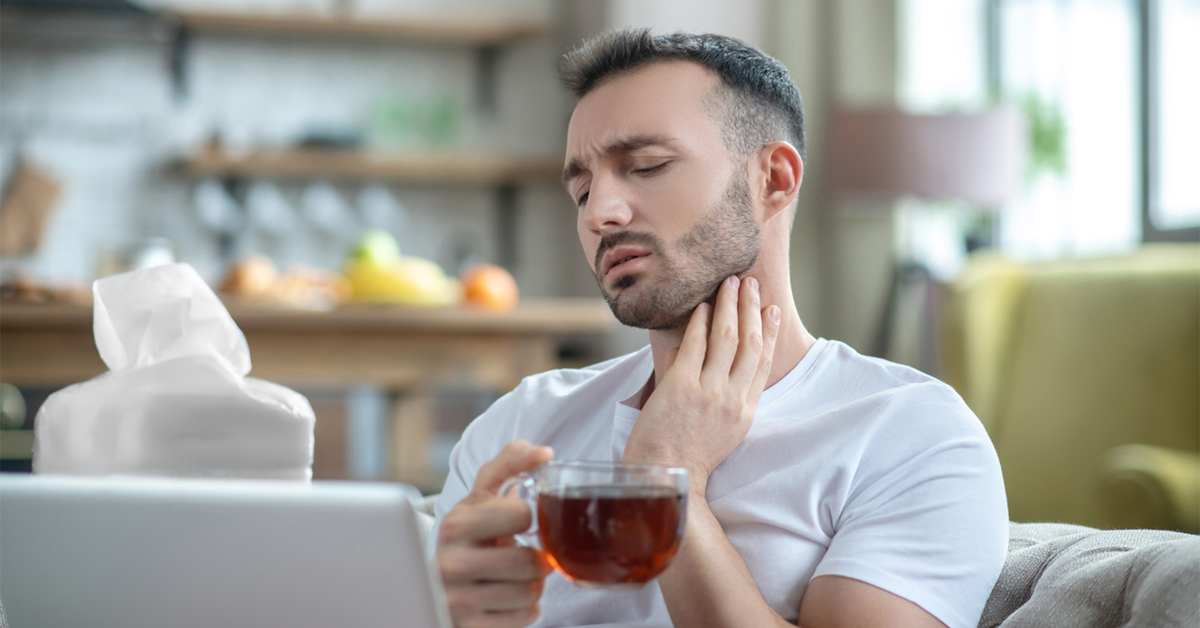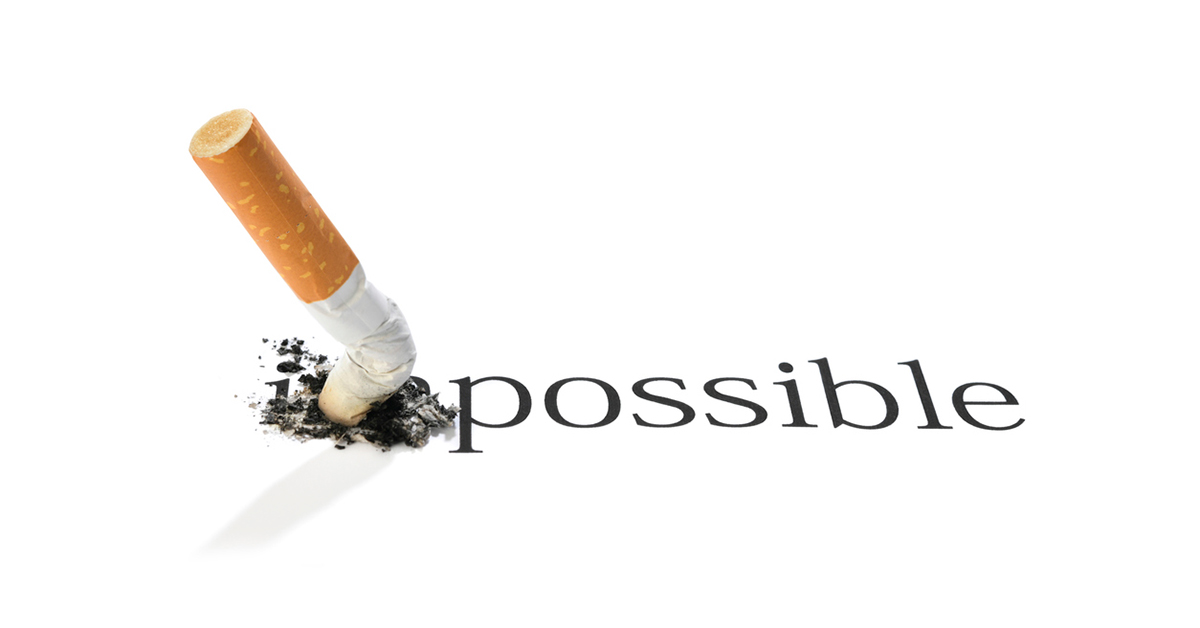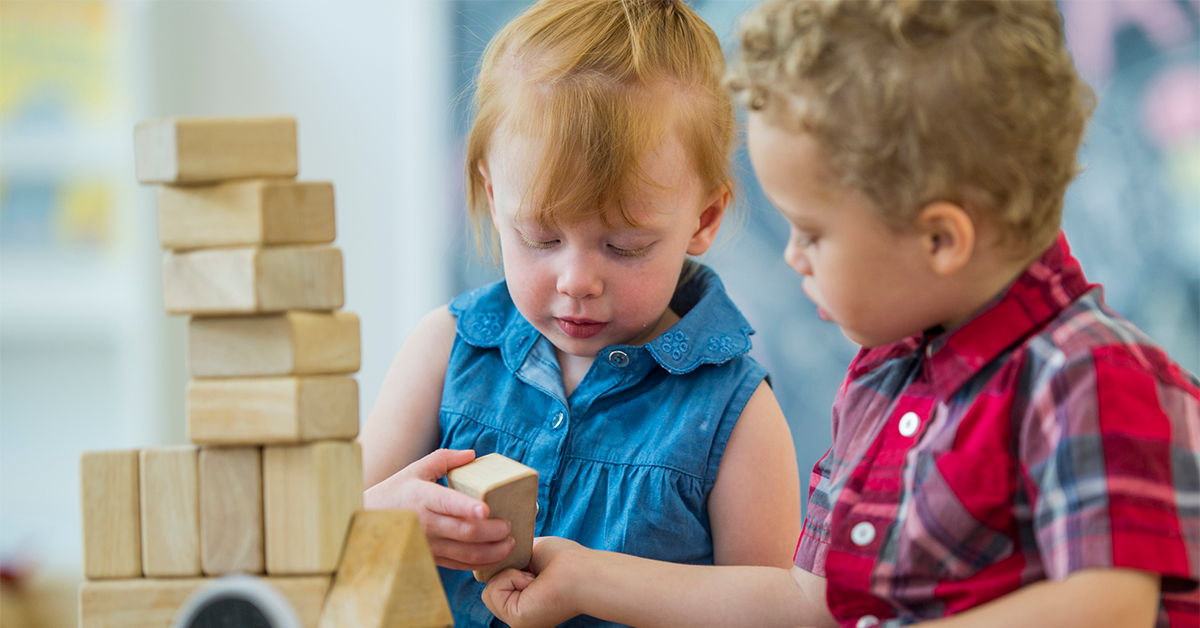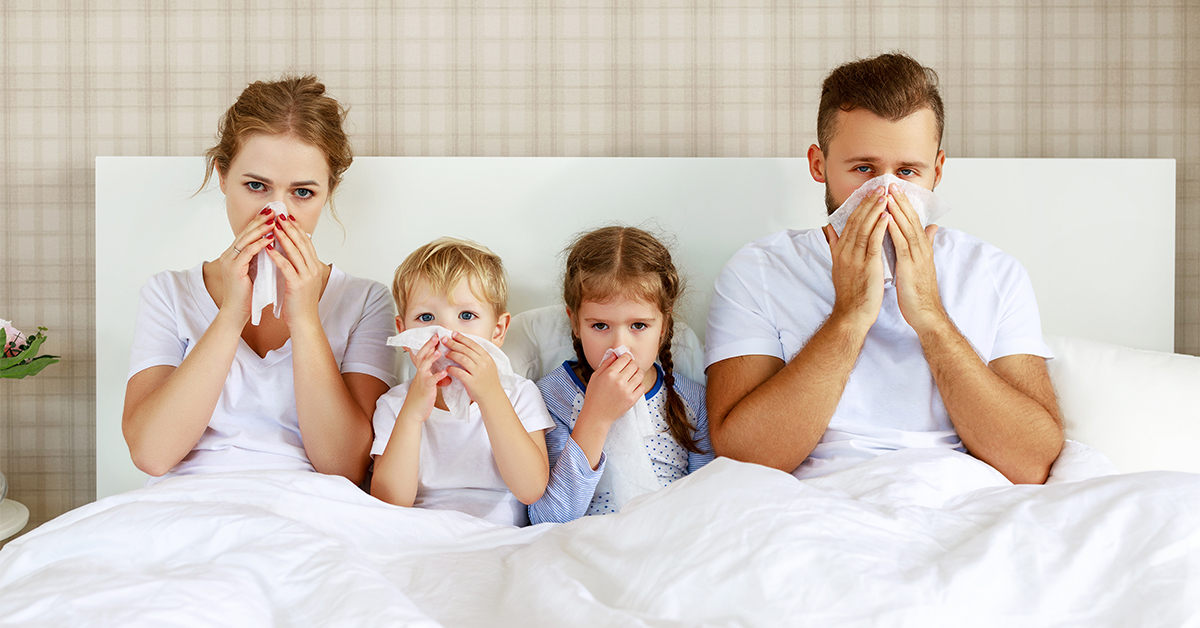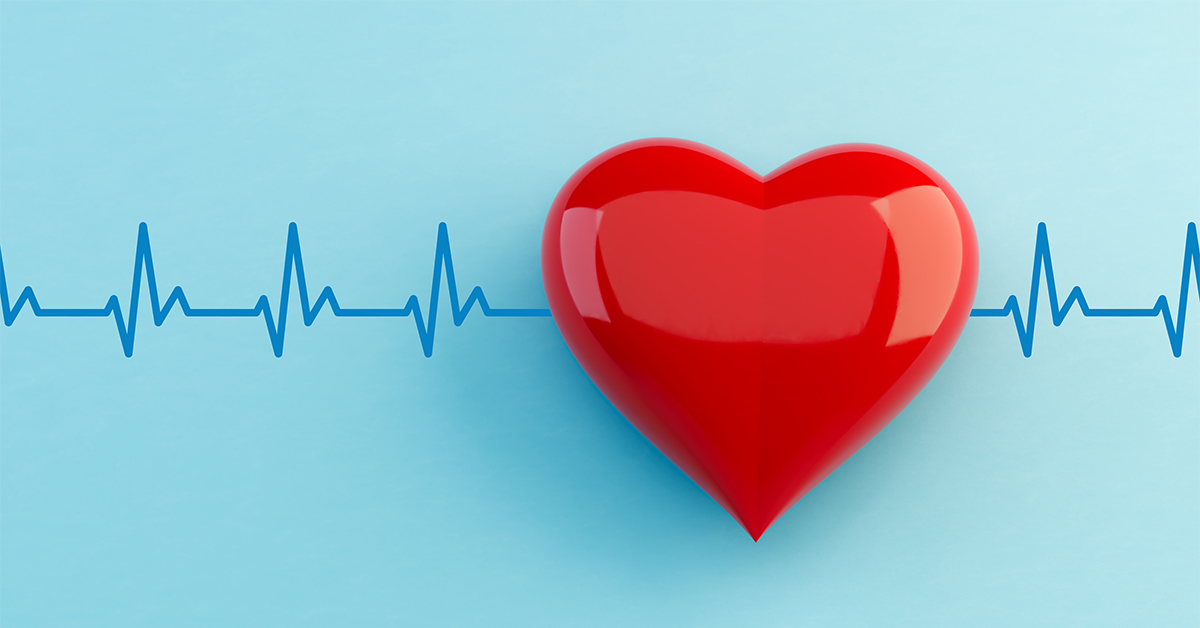Preventing falls in Minnesota isn’t just about staying safe on icy sidewalks–it’s more than doing the “Penguin Shuffle,” taking shorter, slower, flat steps like a penguin on the ice. In fact, most falls happen in our homes.
Older adults are more at risk for falls than any other demographic–and they’re more likely to suffer a fatal fall. In 2016, more than 25,000 U.S. adults aged 75 or above died from a fall. So, preventing falls can save lives.
What you can do to prevent falls
There are many ways to prevent yourself from falling. Below are seven tips:
- Be active. Yes, physical activity can put you in a position where you could fall. But being sedentary is a bad alternative, as inactivity makes you weaker and more prone to falls.
- Improve balance. Walking is important, but it doesn’t prevent falls. You need exercises specifically designed to improve balance. Tai Chi, a Chinese martial art, is the best exercise to prevent falls. In addition to improving your balance, Tai Chi increases what’s called your “postural stability,” so when you’re off balance, you can catch yourself and not fall.
- Check medications. Some medicines, or combinations of medicines, have side effects that can make you feel drowsy, dizzy, confused or light-headed. In turn, these side effects may cause you to lose your balance, feel unsteady on your feet or less sharp, so you may not be paying attention to tripping hazards. Common culprits include medications for pain, sleep or high blood pressure. Talk with your pharmacist about all your medications and potential side effects, specifically ones that increase your risk of falling.
- Make home improvements. Remove clutter from your path at home, particularly from the stairs. Rearrange furniture and hide cords, so you have a clear path to move around easier. Speaking of tripping, remove throw rugs and tape down carpets. Brighten your apartment or house. Replace burned-out light bulbs immediately and consider switching from traditional light bulbs to LED bulbs, as they use less electricity, last longer, and can save you money in the long run. Use a non-slip mat in the tub or shower, a bath bench, or a shower stool, and consider installing a grab bar by the toilet and in the tub or shower.
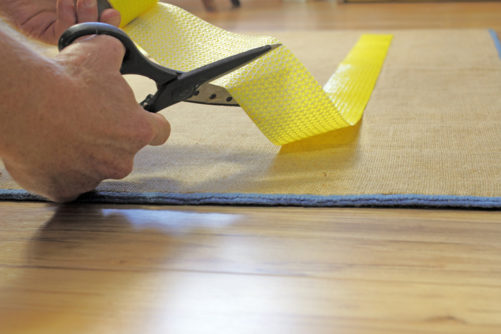
- Check your eyesight. Your vision changes with age. Your eyesight might be less clear, depth can become harder to judge, or it can take longer to adjust to light and dark. Your prescription can change. Plus, as you get older, you’re more at risk for cataracts, glaucoma, macular degeneration, and other issues. So have your eyes checked at least once a year by an eye doctor and wear sunglasses to protect your eyes.
- Slow down. Rushing puts you at risk of falling. Unload your car over several small trips. Carrying too much may block your vision or cause you to lose your balance. Take your time when getting in and out of your car or crossing the street. Watch out for cracks in steps and sidewalks or changes in elevation. Look out for pets and kids–and their toys!
- Watch your feet. Be sure to wear proper footwear and avoid slippers or flip-flops. Boots and shoes should have non-skid soles and should fit snugly with either laces or Velcro fasteners. For extra protection on ice, you can consider a product like Yaktrax to put on over your shoes or boots. Take care of your feet by having your nails cut and dealing with corns, calluses, bunions, and ulcers. Maintain good circulation in your feet, ankles, and legs by doing foot exercises like moving your toes up and down and turning your ankles in a circle. If you have foot pain or problems, contact your Welia Health family medicine provider or podiatrist.
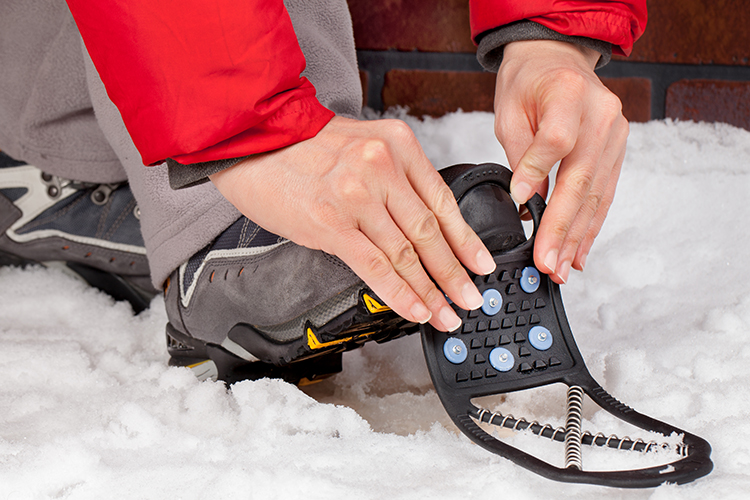
For most people, preventing falls requires addressing all these issues, not just one. So, look across your life for ways to lower your risk of falling or talk with a Welia Health provider.
Learn more about fall prevention through STEADI (Stopping Elderly Accidents, Deaths & Injuries), a Centers for Disease Control and Prevention initiative.


